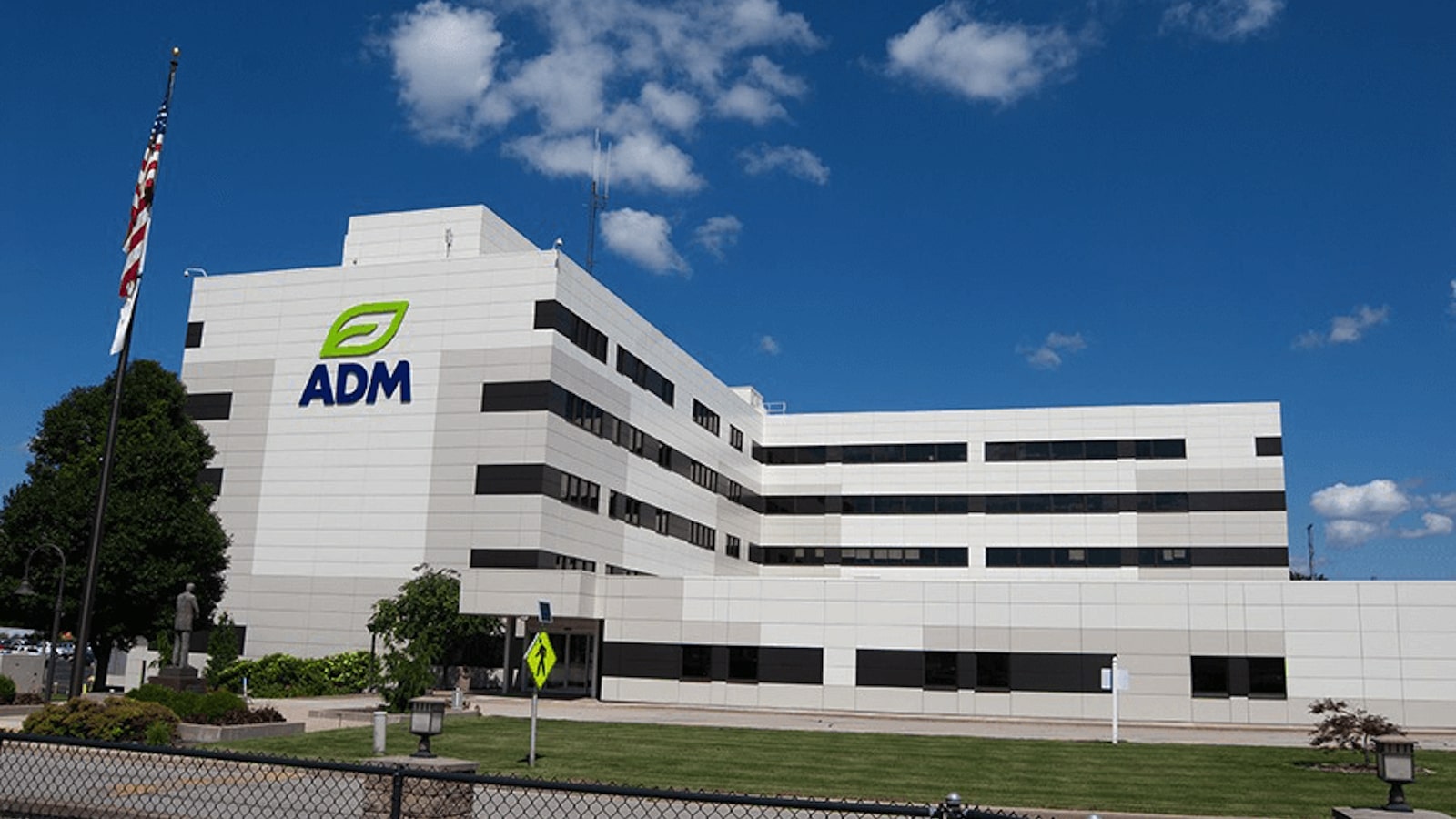But if CCS operations leak, they can pose significant risks to water resources. That’s because pressurized CO2 stored underground can escape or propel brine trapped in the saline reservoirs typically used for permanent storage. The leaks can lead to heavy metal contamination and potentially lower pH levels, all of which can make drinking water undrinkable. This is what bothers critics of carbon capture who worry that it’s solving one problem by creating another.



This.
Until the entire world runs on renewables and nuclear power it doesn’t make any sense at all to do carbon capture as the energy used to capture would have been more efficiently spent on avoiding carbon release in the first place.
Been saying this for years here but it usually ends with a lot of downvotes
Indeed, generally one stops the spill before starting clean-up.
You’re right of course, but the nuance is that research takes time. We need to start working on it now so we will be ready to scale the technology when we have surplus renewable energy. It’s a tricky balance.
Oh for sure, research on the topic is great, I’m just dumping on these stupid tech startups that claim they’ll fix climate change by sucking up all carbon.
No you won’t.